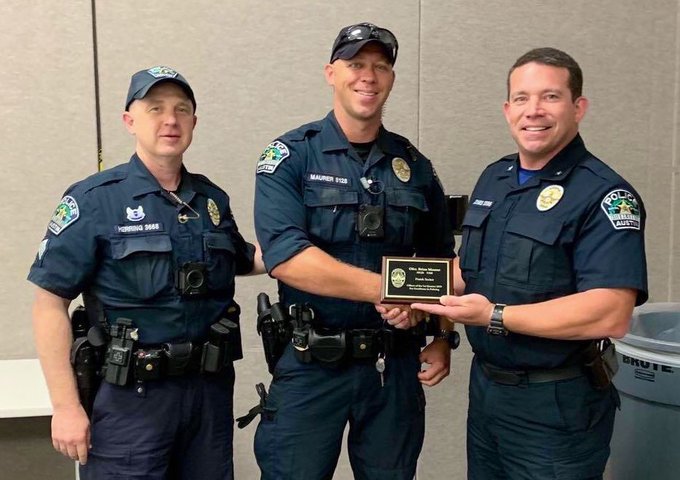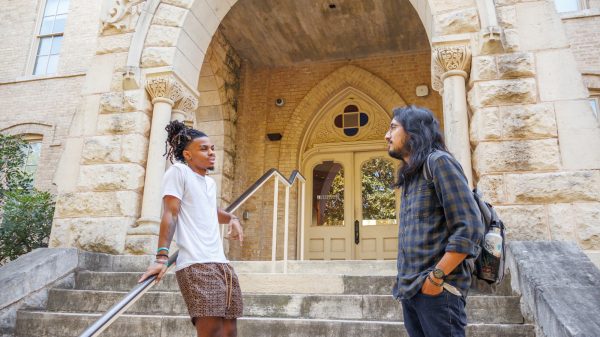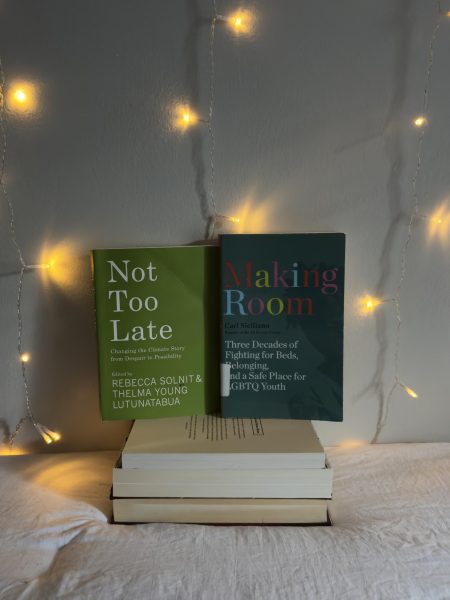Records of police cruelty prove body-worn cameras should be mandatory
APD started its body-worn camera program in 2015 to create greater transparency and accountability in its interactions with the public.
In December 2018, Quentin Perkins was arrested as a witness to a shooting in downtown Austin. According to an APD memo, the officers who arrived on the scene, Robert Ptaff and Donald Petraitis, asked everyone nearby to get on their knees, not knowing who was affiliated with the shooting.
When Perkins did not comply the first time, the officers drew their weapons toward him. 15 seconds later, Perkins got down on his knees raising both hands and then Ptaff and Perkins decided to tase him. At the beginning of February this year, the footage from the body camera was released to the public, revealing the tasing. The officers were found not guilty after appearing before a jury, but were fired by APD.
There are so many questions that this, and every other uncalled-for assault by a police officer, raises. Is this a racial issue, considering many of the victims of these assaults are black? Is this an abuse of power by law enforcement? Why are these officers being found innocent when they are clearly guilty? But above all, why don’t all police departments have the required usage of body cameras? It could prove so much and help get more victims like Perkins, Carter, Musonza, and Zubidi justice.
Let’s answer these questions. “94% of those killed by police are men,” and about 60% of that population belong to a minority race, many who are unarmed, according to The Color of Policing Symposium by Washington University in St. Louis. According to CNN, since 2011, there have been over 15 cases in which officers shot and killed African-Americans. Come trial time, charges were dropped on all of these officers.
While this has been an issue for years across the country, it is time to face it locally.
The APD is notorious for using excessive force. As if tasing an innocent man is not evidence enough, recall when officers Bryan Richter and Steven McCurley kicked, stomped, punched and stood on school teacher Breaion King with their boots. If these cases don’t convince you enough, read the Austin Chronicle’s article of multiple police brutality cases, explaining why there have been numerous lawsuits against APD for their cruelty.
With all of these cases, it is more than fair for APD to require body cameras, and release footage when necessary of all officers. In 2015, South Carolina became the first state to require “body-worn police cameras”. In 2019, California followed in that lead where “California considers body-camera videos public records and requires law enforcement to release video to the public no later than 45 days after an incident is recorded.”
Instating this law in Texas would be more than obliging, considering one, the number of people who could later be found innocent (or guilty), and two, make officers much more mindful of their brutish actions.
Currently in Texas, police are not required to keep their body cameras on and are allowed to turn them off when they feel necessary or when they do not want corroboration of their unwarranted ways.

Nina Martinez is a senior at St. Edward’s University, earning her Bachelor’s in Writing and Rhetoric. Martinez has reported and edited for Hilltop...






